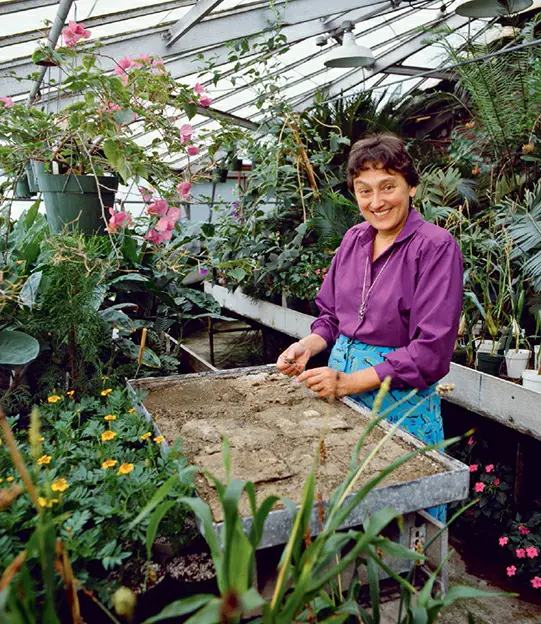Endosymbiosis, a pivotal concept in evolutionary biology, refers to a symbiotic relationship where one organism lives inside another. This theory has been instrumental in understanding the evolution of complex eukaryotic cells, which are characterized by intricate internal structures. The hypothesis suggests that eukaryotic cells evolved from long-term symbiotic relationships with simpler prokaryotic cells.
The concept of endosymbiosis was first introduced by Russian biologist Konstantin Mereschkowski in the early 20th century. Drawing inspiration from symbiotic relationships in nature, such as those in lichen, Mereschkowski proposed the foundational ideas of this theory. However, during his time, his work was largely overlooked due to limitations in laboratory technology and skepticism from the scientific community, particularly regarding his views on natural selection.
The endosymbiotic hypothesis gained renewed attention and credibility thanks to the efforts of American evolutionary biologist Lynn Margulis. In 1966, Margulis published a groundbreaking paper, and later a book in 1970, that reignited interest in the theory. She suggested that organelles like mitochondria in eukaryotic cells originated from the symbiotic union of prokaryotic bacteria, and similarly, chloroplasts evolved from the union with prokaryotic cyanobacteria. Despite initial resistance, Margulis’s persistent advocacy and the advent of new genetic analysis techniques in the 1980s led to the acceptance of endosymbiosis as a key evolutionary mechanism. These genetic studies revealed that the DNA in mitochondria and chloroplasts is distinct from that of their host cells, providing strong evidence for the endosymbiotic origin of these organelles.
Today, endosymbiosis is not just a hypothesis but a widely accepted theory integral to our understanding of the development of cellular life and organogenesis. It underscores the complexity of evolutionary processes and the intricate relationships that drive the emergence of life’s diversity.

